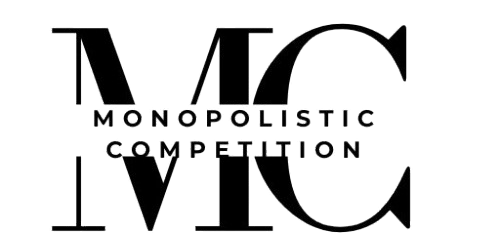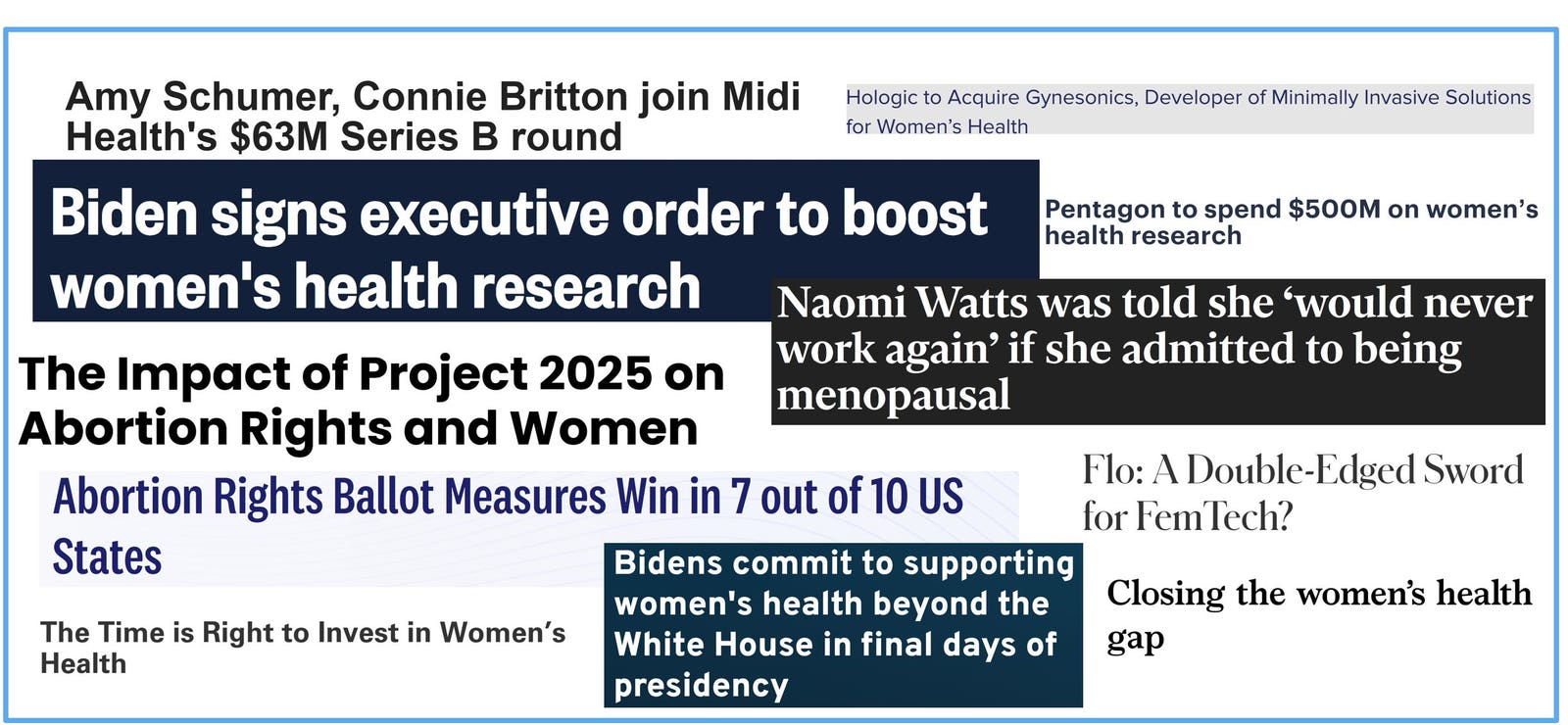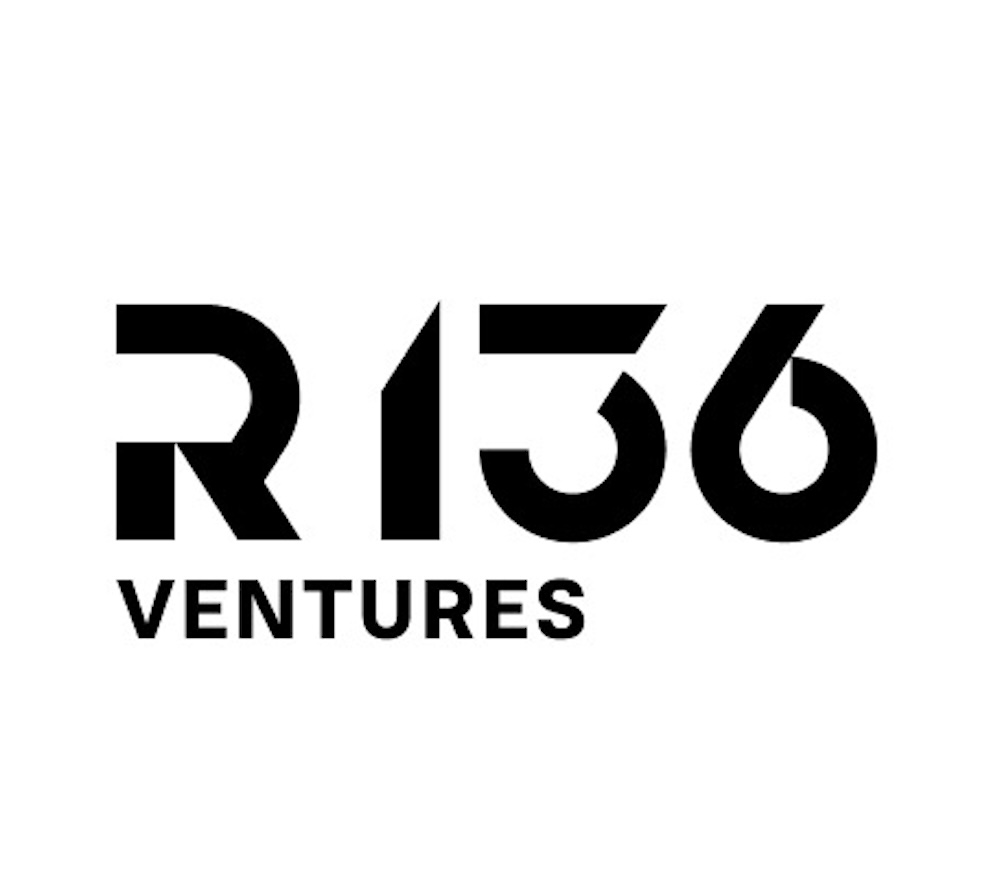While there was less money in early-stage financing and a surge in publicly-disclosed down rounds, investment in venture capital-backed healthcare companies ticked up in 2024, according to HSBC Innovation Banking data.
The amount of total venture investment grew by 17% in 2024 to $14.8 billion, up from $12.6 billion in 2023. There were also more deals done in 2024. New deal activity resumed in 2024, but with a clear shift and investor focus. The challenge of securing follow-on financing, particularly series B rounds, dampened early-stage activity, HSBC analysts wrote in a recent 2024 Venture Healthcare Report.
The mixed outcomes of 2024 represent a rebound from the funding surge of 2021-2022, as more companies received reality checks on their valuations and investors bounced back from the 2023 banking crisis, HSBC analysts said.
AI companies, especially those that focus on improving healthcare operations, fared particularly well in this past year, accounting for many of the top deals in 2024. Women’s health companies and mental/behavioral health companies also garnered interest while primary care and specialty care investment fell from 2023 levels.
A press release by HSBC says that funding levels in 2024 returned to pre-2023 banking crisis levels. High growth health tech companies have been “waiting in the wings,” the report said, and the HSBC analysts expect a few big initial public offerings (IPOs) in early 2025.
It also expects funding to slow in the first half of 2025 as the industry waits for IPOs and to determine the deregulatory effects of the incoming Trump administration.
The report put special emphasis on early-stage companies, defined as angel investments, seed rounds and series A raises. It found that early-stage financing fared worse in 2024 than in 2023. There was 22% less money invested in early-stage companies in 2024.
Financing for early-stage companies was down to $1.5 billion across 212 deals in 2024, compared to $2.3 billion invested in 262 deals in 2023.
Starting from Q1 2023, early-stage financing for health tech trended down quarter over quarter. The first half of 2024 broke free of this trend and investments jumped back up. However, the third quarter of 2024 had the least financing for early-stage companies of the past two years.
Analysts at HSBC attributed the venture funding plateau to the fact that many companies raised extensions from existing investors in 2023 and 2024.
“The dollars and deals in 2024 signal a normalization following the surge in early-stage financing from 2021-2022,” the report said.
Fewer companies raised large first financing rounds in 2024 than in 2023. HSBC pointed to the largest, from Pi Health ($72 million), Advanced Medicine Partners ($60 million) and Humata Health ($25 million).
According to the report, the Northeast U.S. continues to lead in the most number of deals, and the Southwest region had significantly more deals than in 2023, up by 63 deals.
The largest rounds of financing were by operations improvement companies boasting AI. CareSyntax had the largest round of the year, raising a $310 million up round for its series C. Provider operations and workflow company Devoted came second with a $278 million flat round in August. Innovaccer raised $287 million, a flat round, for the third biggest health tech financing round of the year.
Also in the top 20 list, according to available Pitchbook data, were Abridge at No. 8, Maven at No. 10, Talkiatry at No. 14 and Transcarent at No. 16.
HSBC analysts noted that women’s health companies that focus on comprehensive care for women like maternal health, menopause care and mental health did particularly well in the venture arena in 2024. Large rounds were raised by Flo Health ($200 million), Maven ($150 million) and Midi Health ($63 million).
“Historically dominated by early-stage investments focused on fertility and pregnancy, the subsector is now attracting investors interested in larger opportunities,” the report says of women’s health tech companies.
About two thirds of companies across all financing rounds had up rounds in 2024, but in total a smaller percentage of deals were up rounds than in 2023. Smaller series C raises, defined as less than $50 million, fared the worst. Only 17% of those deals were up rounds.
“We witnessed a surge in publicly-disclosed down rounds as companies that raised insider rounds in 2022 and 2023 were forced to come back to market and seek new investors,” analysts said in the report. “This was expected, as companies either grew into their valuations (rare) or raised capital at more appropriate valuations (more likely). This activity helped stabilize valuations as investors focus their companies on building a business with stronger fundamentals.”
Many companies that raised add-on or inside rounds are now “on the clock,” facing pressure to secure new investor-led financing or risk consolidation or shutdown, analysts wrote.
Health tech’s median step-up multiple remained at 1.4x, the report said.












Leave a Reply